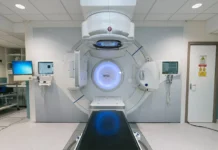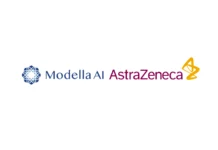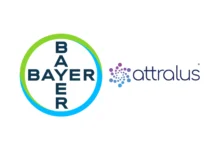Austria-based Nabriva Therapeutics has received qualified infectious disease product (QIDP) and fast-track status designation from the US Food and Drug Administration for its lefamulin (BC 3781).
The designation has been granted for lefamulin to treat community-acquired bacterial pneumonia (CABP) and acute bacterial skin and skin structure infections (ABSSSI).
Nabriva Therapeutics CEO Dr Colin Broom said: “There is a serious and growing public health threat as a result of the rise in increasingly difficult-to-treat bacterial infections.
“The FDA’s QIDP and fast-track designations are validation of Nabriva’s approach and underlying science to develop a truly novel antibiotic product able to address significant unmet need. Nabriva is establishing its US office and clinical development team in Philadelphia and is focused on advancing lefamulin to Phase III trials, for an initial indication in CABP.”
Nabriva plans to commence Phase III clinical trials for lefamulin.
Lefamulin can also be used to treat hospital-acquired and ventilator-associated bacterial pneumonia (HABP/VABP), as well as in other indications, including sexually transmitted infections MDR gonorrhoea and osteomyelitis. It can also be applied in paediatric use.
Around 80% CABP cases were reported due to Streptococcus pneumoniae and Haemophilus influenza, while remaining will be caused by ‘atypical agents’ such as Mycoplasma pneumoniae, Chlamydophila pneumoniae and Legionella pneumophila.
The Gram-positive bacteria such as Staphylococcus aureus, Streptococcus pyogenes and Streptococcus agalactiae are the most common pathogens in ABSSSI.
Nabriva is engaged in the development of new class of antibiotics, the pleuromutilins, to treat patients with serious infections caused by multi-drug resistant pathogens.



















